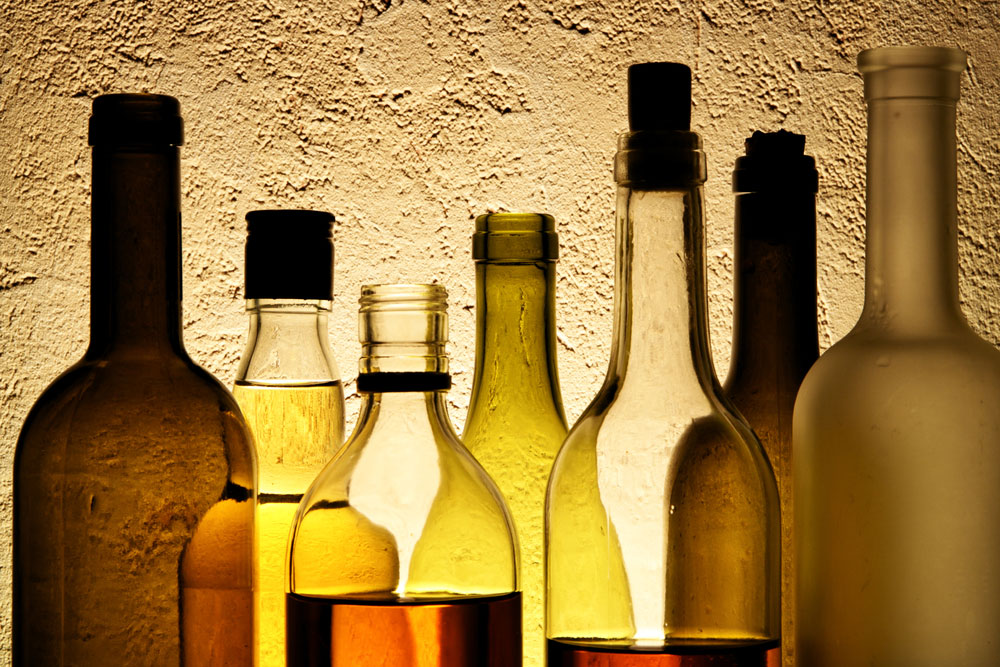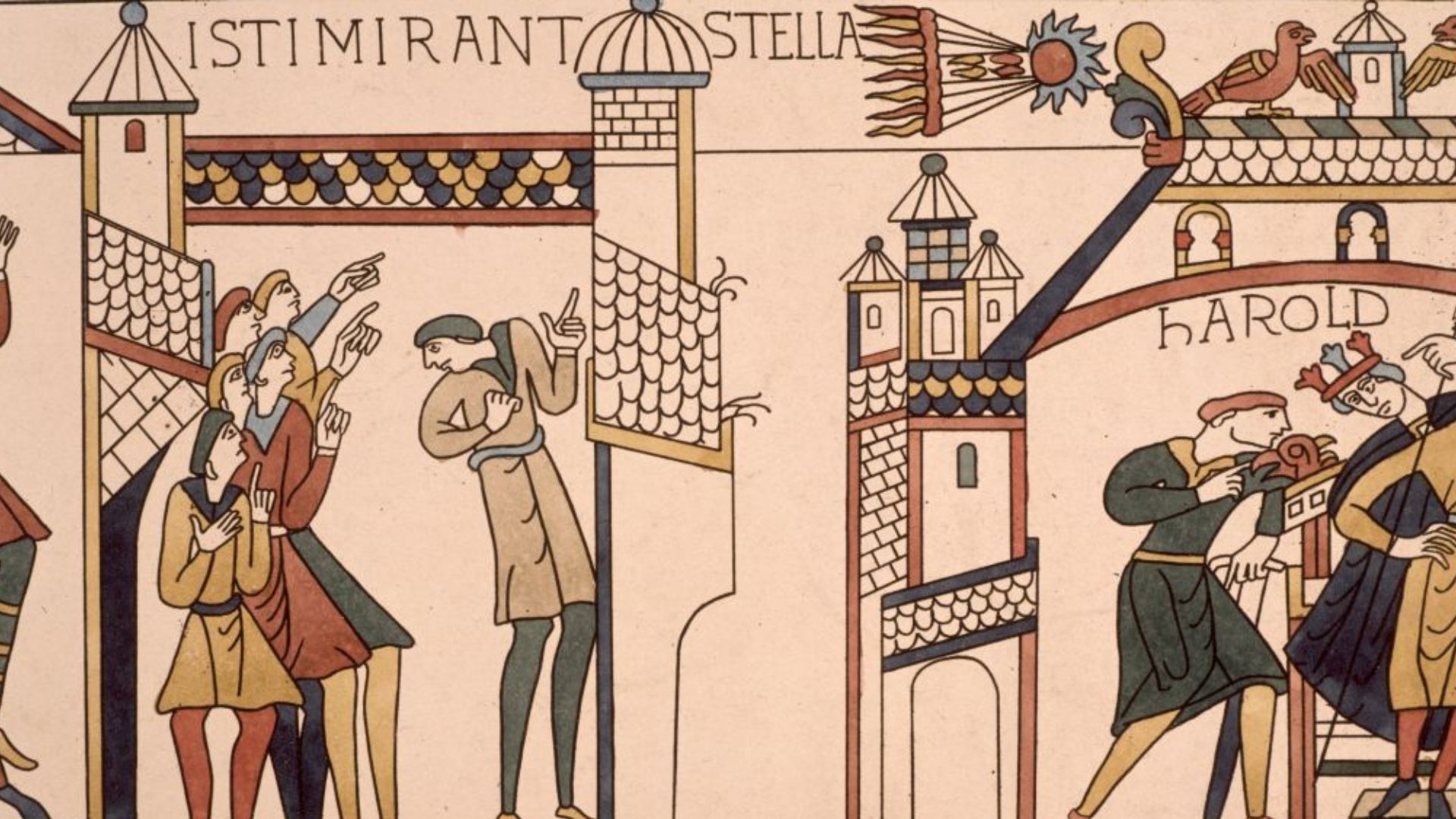Does Drinking Alcohol Raise the Risk of PMS?

Drinking alcohol may increase women's risk for premenstrual syndrome, or PMS, a new meta-analysis from researchers in Spain suggests.
However, the review found only an association between drinking alcohol and PMS and didn't prove that drinking causes PMS or makes symptoms worse, the researchers said.
PMS is a group of symptoms that start about one or two weeks before a woman's period, according to the National Institutes of Health. Symptoms can include mood swings, tender breasts, food cravings, fatigue, irritability and depression. It's estimated that 20 percent to 40 percent of U.S. women experience moderate PMS symptoms and 3 percent to 8 percent experience severe symptoms, according to the review.
Some studies have found that PMS symptoms tend to be more severe among women who drink alcohol, but it's unclear whether this is due to the alcohol itself or if some women drink to cope with PMS symptoms, the researchers said. [7 Ways Alcohol Affects Your Health]
The new meta-analysis, from researchers at the University of Santiago de Compostela in Spain, analyzed information from 19 previous studies in eight countries involving more than 47,000 participants in total.
The researchers found that drinking alcohol was linked with a 45 percent increase in the risk of PMS and that heavy drinking — or consuming more than one alcoholic drink a day — was linked with a 79 percent increase in the risk of PMS.
The relatively large number of studies included in the meta-analysis and the consistency of the results suggest that alcohol intake may increase the risk of PMS, the researchers said.
Get the world’s most fascinating discoveries delivered straight to your inbox.
However, this link could still be due to reverse causation — that is, researchers may be finding an association because women with PMS are drinking to cope with symptoms, said Elizabeth Bertone-Johnson, a professor of epidemiology at the University of Massachusetts Amherst, who studies premenstrual syndrome.
"I think it's really premature to link alcohol to worsening of premenstrual syndrome symptoms … based on this study," said Bertone-Johnson, who wasn't involved in the new analysis.
Nearly all of the studies included in the meta-analysis were retrospective, meaning that the women included in the studies already had PMS when they were asked about their alcohol intake, Bertone-Johnson noted.
"That, unfortunately leaves the possibility that their menstrual symptoms themselves led them to drink alcohol," Bertone-Johnson told Live Science.
To better understand this link, more studies are needed that start tracking women in their teenage years and follow them over time to look at alcohol intake and the development of PMS, she said.
Still, if women want to cut down on alcohol and see if it improves their PMS symptoms, "that's very reasonable," Bertone-Johnson said. But, scientifically, it's unclear if reducing alcohol intake will improve PMS symptoms in the majority of women, she added.
The new study was published today (April 23) in the journal BMJ Open.
Original article on Live Science.

Rachael is a Live Science contributor, and was a former channel editor and senior writer for Live Science between 2010 and 2022. She has a master's degree in journalism from New York University's Science, Health and Environmental Reporting Program. She also holds a B.S. in molecular biology and an M.S. in biology from the University of California, San Diego. Her work has appeared in Scienceline, The Washington Post and Scientific American.
 Live Science Plus
Live Science Plus






